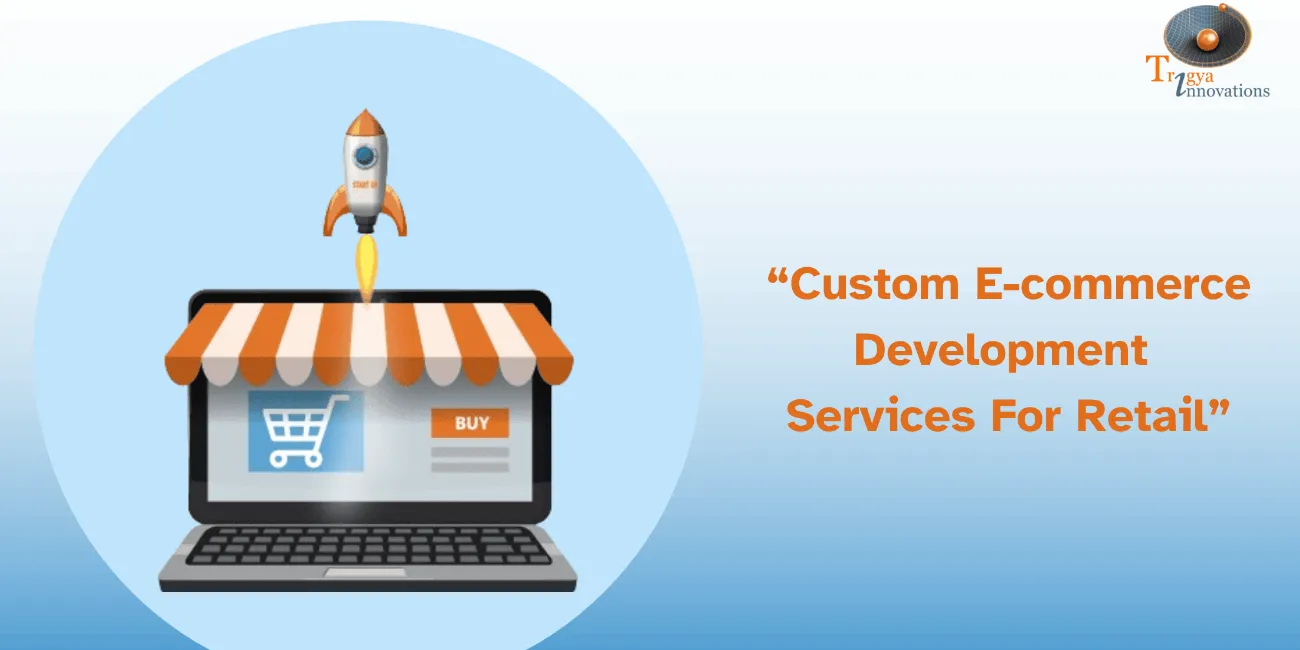As a small business owner, you’re probably no stranger to the growing pains that come with expansion. From managing inventory to ensuring your team’s workflow is running smoothly, there’s always something demanding your attention. But what if there was a way to solve these challenges without drowning in spreadsheets, endless emails, or disjointed systems? Small Business ERP systems might just be the solution you need.
Enterprise Resource Planning (ERP) systems, once reserved for large companies, have now become both accessible and affordable for small businesses. These systems can transform how small businesses manage inventory, streamline workflows, and set the stage for sustainable growth. In this post, we’ll explore how Custom ERP for Small Businesses can address your most pressing operational challenges, allowing you to scale with confidence.
The Struggles Small Businesses Face with Inventory Management
As your business grows, managing inventory becomes more complex. What used to be a simple task of counting stock and reordering when needed can quickly turn into a logistical nightmare. Here are some common inventory challenges many small businesses face:
- Inaccurate Stock Levels: Manual tracking, paper logs, or even spreadsheets can lead to mistakes, such as double counting or overlooking products that need restocking.
- Real-time Visibility Issues: If you’re working with multiple suppliers or locations, it can be difficult to track inventory in real-time, which leads to missing or delayed orders.
- Demand Forecasting: Predicting future demand for products can feel like a guessing game without the right data. Overordering ties up cash flow, while under ordering leads to stock outs.
- Stock Replenishment: Manually ordering new stock can be time-consuming and often results in orders arriving too late or too early.
How Small Business ERP Systems Can Solve Inventory Management Woes
This is where Small Business ERP Systems comes in. Here’s how a good ERP system can help you tackle these inventory management challenges head-on:
- Real-time Inventory Tracking: With ERP, you can track inventory in real-time, ensuring that stock levels are always up-to-date. This means you’ll never again be caught off guard by an unexpected shortage or overstock.
- Centralized Data: ERP systems consolidate all your inventory data in one platform, making it easy to view, adjust, and monitor stock levels across your entire business. This reduces the chances of miscommunication between teams or errors caused by relying on separate systems.
- Demand Forecasting and Analytics: With built-in data analytics, ERP systems analyze your sales history and trends, helping you predict future demand more accurately. This enables you to plan your inventory more efficiently and avoid costly overstock or stockouts.
- Automated Replenishment: ERP systems can automatically trigger orders when inventory reaches a predefined threshold. This means you don’t have to worry about manually tracking inventory levels or running out of stock during peak demand periods.
- Multi-location Management: Whether you have one warehouse or several, ERP can manage inventory across multiple locations, ensuring that stock is allocated appropriately and that all locations have what they need when they need it.
Workflow Challenges in Small Businesses
In addition to inventory, managing workflows across your business can also be a major headache. As small businesses grow, keeping track of various tasks, employees, and projects becomes increasingly difficult. Inefficiencies and bottlenecks start to appear, affecting productivity and morale. Some common workflow challenges include:
- Disjointed Processes: When different teams use separate tools (or worse, no tools at all), workflows can quickly become fragmented, leading to missed deadlines and poor communication.
- Collaboration Breakdowns: Without a single platform for collaboration, teams may struggle to stay on the same page, resulting in duplicated work, misunderstandings, or missed opportunities.
- Manual, Time-Consuming Tasks: Many small businesses still rely on manual data entry for everything from order processing to invoicing, which can slow down operations and increase the chance of errors.
- Inconsistent Reporting: As your business grows, you need clear, consistent reports to make informed decisions. Without a unified system, pulling accurate reports can be a tedious, error-prone task.
How Small Business ERP Systems Streamline Workflow
An ERP system isn’t just for managing inventory—it can transform your entire business workflow. Here’s how:
- Centralized Operations: Small Business ERP systems bring everything into one place, from sales and inventory to HR and accounting. With all your departments working within a single platform, you can eliminate silos and streamline communication, making everything more efficient.
- Automation of Repetitive Tasks: ERP can automate many of your routine tasks, such as order processing, invoicing, and payroll. This reduces the time spent on manual work, frees up resources, and minimises the risk of human error.
- Enhanced Collaboration: With everything stored in a single system, your team can collaborate in real-time. Everyone has access to the same data, ensuring seamless communication and helping your business respond faster to changing demands.
- Data-Driven Decision-Making: ERP provides powerful reporting tools that generate real-time, customizable reports on everything from sales performance to inventory levels. These reports allow you to track your business’s health and make data-driven decisions with confidence.
- Task and Project Management: Many ERP systems include built-in tools for project and task management. This means you can assign tasks, set deadlines, and monitor progress, ensuring that everything is completed on time and to specification.
The Bottom Line: Why ERP is a Game-Changer for Small Businesses
Running a small business requires balancing inventory management, optimising workflows, and ensuring smooth day-to-day operations. Without the right systems in place, inefficiencies and mistakes can easily pile up. However, with Small Business ERP Systems, you can automate and streamline your processes, making your operations more efficient, scalable, and ready for future growth.
If you’re ready to elevate your small business, it may be time to invest in ERP systems for Small Business. Trigya Innovations, an authorized Zoho Partner, specialises in delivering Custom ERP for Small Businesses that is designed to meet the unique needs of your business. With their expertise and Zoho’s powerful ERP tools, you can tackle the challenges of growth, improve efficiency, and set your business up for long-term success. Whether it’s managing inventory, optimising workflows, or gaining valuable insights, Trigya Innovations can guide you in implementing a solution that drives tangible results.




